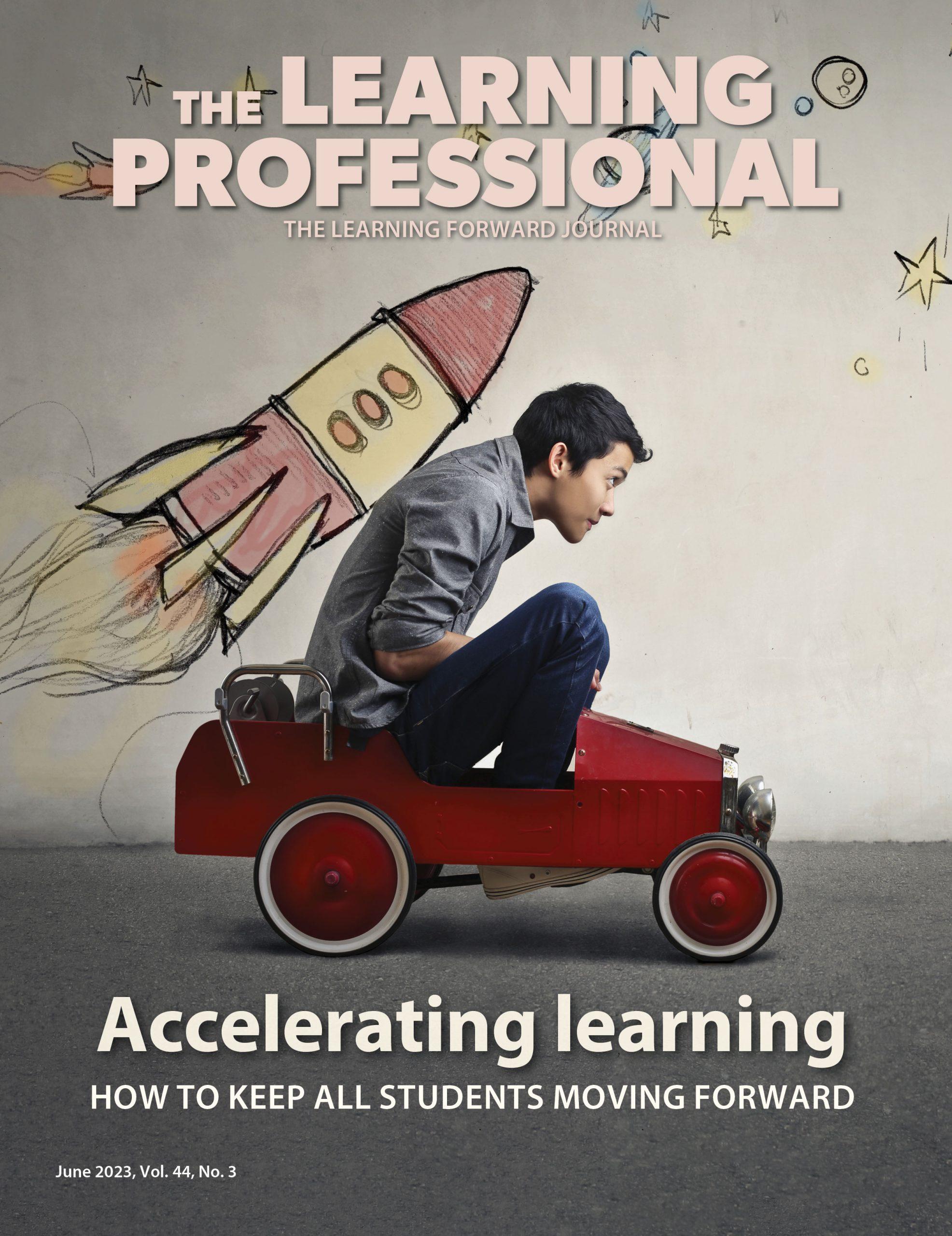FOCUS
Coaching for equity
By Tonikiaa Orange, Jo Ann Isken, Amber Green, Nancy Parachini and Annamarie Francois
Categories: Coaching, EquityDecember 2019
Vol. 40, No. 6
Read the remaining content with membership access. Join or log in below to continue.
Sed ut perspiciatis unde omnis iste natus error sit voluptatem accusantium doloremque laudantium, totam rem aperiam, eaque ipsa quae ab illo inventore veritatis et quasi architecto beatae vitae dicta sunt explicabo. Nemo enim ipsam voluptatem quia voluptas sit aspernatur aut odit aut fugit, sed quia consequuntur magni dolores eos qui ratione voluptatem sequi nesciunt. Neque porro quisquam est, qui dolorem ipsum quia dolor sit amet, consectetur, adipisci velit, sed quia non numquam eius modi tempora incidunt ut labore et dolore magnam aliquam quaerat voluptatem.
References
Darling-Hammond, L. & Berry, B. (2006). Highly qualified teachers for all. Educational Leadership 64(3), 14-20.
Horsford, S., Grosland, T., & Gunn, K.M. (2011). Pedagogy of the personal and professional: Toward a framework for culturally relevant leadership. Journal of School Leadership, 21(4), 582- 606.
Howard, T. (2003). Culturally relevant pedagogy: Ingredients for critical teacher reflection. Theory into Practice, 42(3), 195-202.
Milner, H.R. (2003). Reflection, racial competence, and critical pedagogy: How do we prepare pre-service teachers to pose tough questions? Race Ethnicity and Education, 6(2), 193-208.
Oakes, J. (1985). Keeping track: How schools structure inequality. New Haven, CT: Yale University Press.
Oakes, J., Ormseth, T., Bell, R.M., & Camp, P. (1990). Multiplying inequalities: The effects of race, social class, and tracking on opportunities to learn mathematics and science. Santa Monica, CA: The RAND Corporation.
Categories: Coaching, Equity
Recent Issues
TAKING THE NEXT STEP
December 2023
Professional learning can open up new roles and challenges and help...
REACHING ALL LEARNERS
October 2023
Both special education and general education teachers need support to help...
THE TIME DILEMMA
August 2023
Prioritizing professional learning time is an investment in educators and...
ACCELERATING LEARNING
June 2023
Acceleration aims to ensure all students overcome learning gaps to do...











